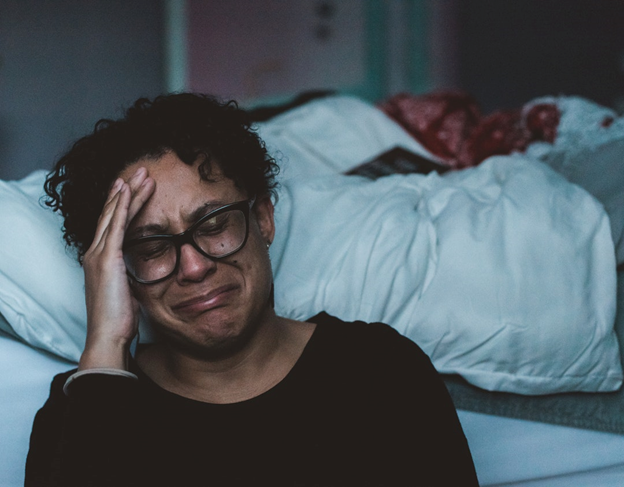More than 40 million adults in the U.S. suffer from anxiety, making it the most common mental illness in America. While anxiety is a highly treatable disorder, less than half of those who suffer from it ever receive treatment.
Anxiety takes on many forms with varying symptoms, but chronic worrying, fear, and panic are the most common. So it’s no wonder why so many people resist seeking treatment over the fear of asking questions about anxiety and visiting a doctor in the first place.
If you or someone you love shows symptoms of anxiety, it’s essential to talk to your doctor about finding effective treatment options. Please keep reading for five questions to ask your doctor after seeking help for anxiety.
- How Did You Come Up With a Diagnosis?
There is no physical or blood test that results in a diagnosis of anxiety, so it’s crucial to ask your doctor how they came up with a diagnosis.
The information your doctor used to come up with a diagnosis most likely included the types of symptoms you’ve been experiencing, the intensity of these symptoms, and how these symptoms affect your daily life. These expressions often can overlap with other common psychiatric disorders, so it’s important to ask what precisely pointed to anxiety instead of a different disorder.
- What Type of Anxiety Do I Have?
Anxiety therapist is a generalized term referring to many different types of mental disorders.
There are five major types of anxiety disorders: Generalized Anxiety Disorder, Obsessive-Compulsive Disorder, Panic Disorder, Post-Traumatic Stress Disorder, and Social Anxiety Disorder. Each type has its symptoms and treatment options. Asking your doctor about which type you have will help you understand your options and develop an effective treatment plan.
- What Are My Treatment Options?
Treatments for anxiety often include medication and psychotherapy. There are several medications available, including anti-anxiety drugs and antidepressants.
Whether for a loved one or yourself, a treatment plan should be designed to fit the individual situation based on the symptoms. Ask your doctor what your options are and research which method may work best for you.
If concerned for a loved one or spouse, it’s essential to understand how to help your partner with anxiety. When in doubt, never hesitate to seek out a second opinion.
- What Are the Side Effects of the Medication?
While every person is unique and reacts differently to certain medications, it’s critical to understand what common side effects you may experience. Talk to your doctor about common problems with each medication. Based on your situation and history, this can help you decide on a remedy that best fits your lifestyle.
- What Lifestyle Changes Can I Make?
Medication is not the only solution in managing an anxiety disorder. There are lifestyle changes that often help to eliminate and lessen the severity of your symptoms.
Exercising regularly, eating a well-balanced diet, practicing mediation, and getting enough sleep are some of the best ways to reduce anxiety and depression naturally. Speak with your doctor about developing a plan to help you safely incorporate these lifestyle changes into your daily routine.
There Are No Stupid Questions About Anxiety
Anxiety is a widespread disorder and, unfortunately, is often left untreated.
No matter your situation, if you’re experiencing symptoms of anxiety, you should speak with your doctor. While it may feel uncomfortable, meeting with a professional and asking questions about anxiety can help you develop safe and effective treatment options that can significantly improve your life.
If you enjoyed this article, you’ll love our other health and lifestyle posts. Check them out today!














